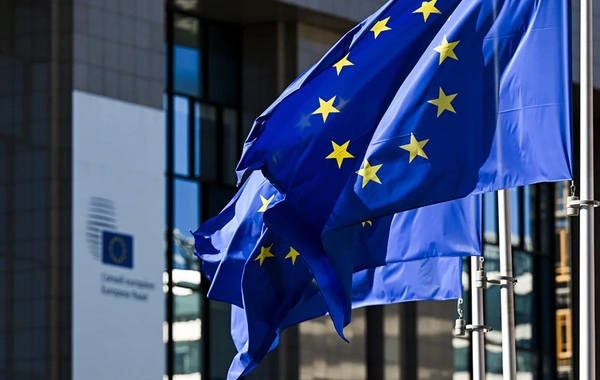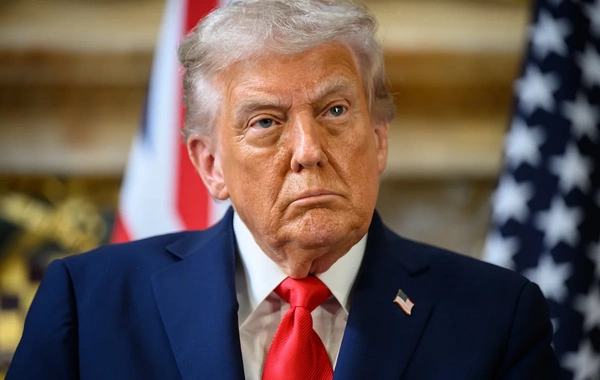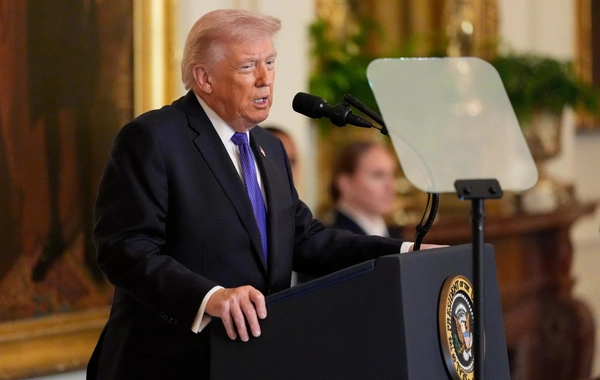Google pays AI specialists for doing nothing

Google pays AI specialists for doing nothing to keep them from moving to competitors
In the fierce battle for leadership in the artificial intelligence market, Google is using rather unusual methods to retain its talent. According to Business Insider, the company is willing to pay full salaries to key AI experts for an entire year - all just to prevent them from leaving for competitors.
Secret DeepMind contractsGoogle DeepMind, located in London and known as one of the world leaders in artificial intelligence research, applies strict non-compete agreements. These contracts prohibit certain employees from working for similar companies for 12 months after leaving. Google doesn't just restrict their employment - the company continues to pay them compensation, effectively turning this period into a paid year-long vacation.
At first glance, this may seem like a generous gesture, but behind the attractive packaging lies a controversial practice that is causing alarm in the professional community.
Risks for specialistsIndustry experts are raising the alarm: a year of forced inactivity in such a dynamic field as artificial intelligence can become a real trap for specialists. AI technologies are developing at an incredible speed - new algorithms, approaches, and tools appear almost monthly. After 12 months without practice, professionals risk losing the relevance of their knowledge, which seriously undermines their competitiveness in the job market. What is a way to retain talent for Google may turn into professional stagnation for the specialists themselves.
Legislative nuancesIn the US, such practices are already banned. In 2023, the Federal Trade Commission (FTC) declared most non-compete agreements illegal, calling them anti-competitive and violating freedom of employment. However, DeepMind's London headquarters is outside the jurisdiction of American laws, allowing Google to freely apply such measures in the United Kingdom. This legal gap only emphasizes how global the battle for AI talent has become.
Industry reactionGoogle's competitors are not standing aside. In March 2023, Microsoft's Vice President for Artificial Intelligence Nando de Freitas publicly criticized DeepMind's approach. He said that DeepMind employees were contacting him "in desperation" because they couldn't overcome the barriers created by non-compete agreements. De Freitas called on the industry to abandon such methods, describing them as outdated and harmful to the development of the field.
Google's positionCompany representatives, responding to criticism, claim that such contracts are applied selectively and are not the rule for all employees. According to them, this is just a tool to protect intellectual property and competitive advantages in conditions where every AI specialist is worth their weight in gold. Nevertheless, the very existence of such agreements says a lot: the battle for talent in artificial intelligence has reached such intensity that companies are willing to pay for inactivity, just to avoid losing valuable personnel.
The price of leadershipThe DeepMind story is a vivid example of how far tech giants are willing to go to maintain leadership. But behind this strategy lies a flip side: restrictions on specialists' freedom, potential degradation of their skills, and growing discontent in the industry. The question remains open: do the ends justify the means, and will this tactic turn against Google itself in the long run?
Similar News
The main nutritional principle for heart health has been named
The long-standing debate over what is better for the heart - cutting carbohydrates or reducing fats - may not be as critical as once thought. This is the conclu...




 Azərbaycanca
Azərbaycanca  По-русски
По-русски  English
English 





